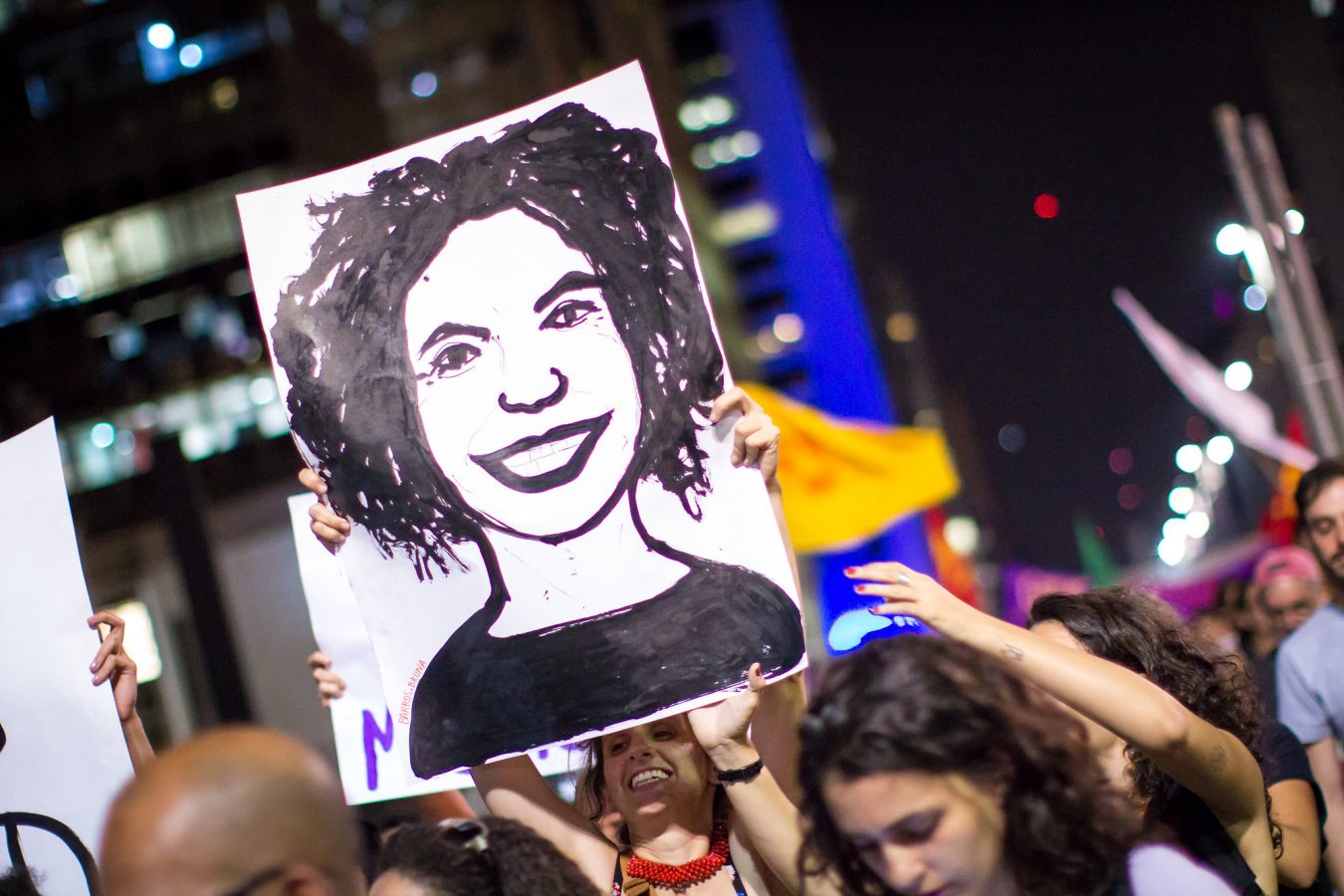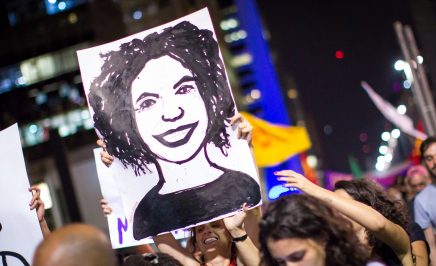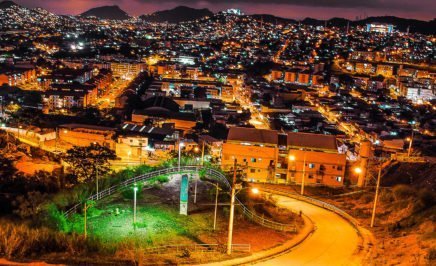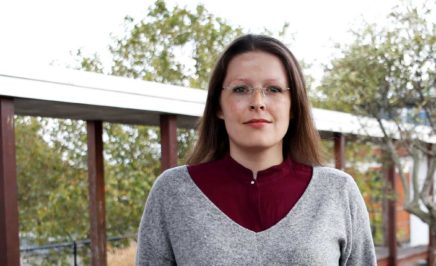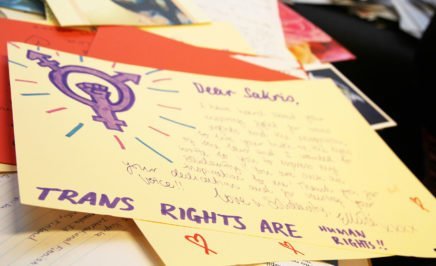Two years after the fatal shooting of the human rights defender and Rio de Janeiro city councillor Marielle Franco, and her driver, Anderson Gomes, on 14 March 2018, the crime remains unsolved and has become an example of the impunity regarding violence against human rights defenders in Brazil, said Amnesty International today.
“Two years is too long to wait. The lack of solid results in identifying those who ordered the assassination, or clarifying the circumstances of the crime, that has characterized the last year of the investigation demonstrates that human rights defenders can be killed in Brazil and that these crimes go unpunished,” said Jurema Werneck, executive director of Amnesty International Brazil.
“Brazil needs to take this step forward and signal to the global community that it will not tolerate this or any other kind of violence against people like Marielle Franco, who mobilize to build more just societies. We know the investigation is being undertaken under strict secrecy, but transparency is not the same thing as telling secrets. Marielle’s and Anderson’s families, as well as society as a whole, have the right to know what has been done and what progress has been made in the investigation.”
The preventative detention on 12 March 2019 of two men accused of killing Marielle and Anderson was an important step forward in the investigation, but little progress appears to have been made since then in making clear the circumstances surrounding the killings, who ordered them, and why.
On 13 March 2019, Amnesty International and Marielle Franco’s family met with the Governor of the State of Rio de Janeiro, Wilson Witzel, and the State Attorney General, Eduardo Gussem, who promised to make progress and conclude the investigation of the killings, as well as guaranteeing the speed, independence and transparency of the investigation. Yet, instead of this happening, the last year was characterized by leaks of information about the case, creating the impression that the authorities were stuck inside a labyrinth.
“We cannot avoid pleading, fighting and calling for justice for Marielle, who worked to build a better life for people. And we cannot sit still, without seeking the authorities in charge and going everywhere to ask for justice and try to find out who ordered the killing of Marielle Franco and why. We are going to go ahead with all the support we have been receiving from the world over, because today Marielle is a symbol of resistance for everyone, especially women,” said Marinete da Silva, Marielle Franco’s mother.
Monica Benicio, the widow of the murdered councilwoman, said she has experienced “Two years of great pain and struggle. To transform the grief into a struggle was not only a way to stay alive without my partner, but also a way of understanding that fighting for justice for her murder is a way of honouring her struggle as a human rights defender to ensure that nothing like the barbaric violence against her takes place ever again. The message that the Brazilian state is sending to the world is that some lives matter more than others and that this can happen again because there is impunity for those who kill a black, LGBTI woman from an impoverished background. How many more Marielles must die in Brazil?”
Amnesty International has requested new meetings with the Governor of Rio de Janeiro and the State Attorney General, in the hope of hearing from them about the investigative efforts undertaken over the last year, and to renew the global pressure on them to provide answers. The meetings were scheduled for Friday 13 March. Since day one of this case, 983,000 people worldwide have participated in Amnesty International’s campaign for truth and justice.
“We want to further amplify the voices of the 983,000 people who over the last two years have contributed to Amnesty International’s efforts to pressure the authorities for justice. We want more people to understand the importance of what Marielle did for those who are most in need in Rio de Janeiro and in Brazil, as well as her commitment to defending human rights. Marielle wasn’t better than anyone else and would not have wanted special treatment, but when a human rights defender is silenced, the rights of all people are threatened,” said Jurema Werneck.
In Amnesty International’s 2019 annual report on the state of human rights in the Americas, published on February 27, the organization noted that Latin America is the most dangerous region in the world for human rights defenders. In the last year Brazil has seen public authorities putting anti-human rights rhetoric into practice through administrative and legislative measures that have tangible effects restricting and violating people’s rights.
